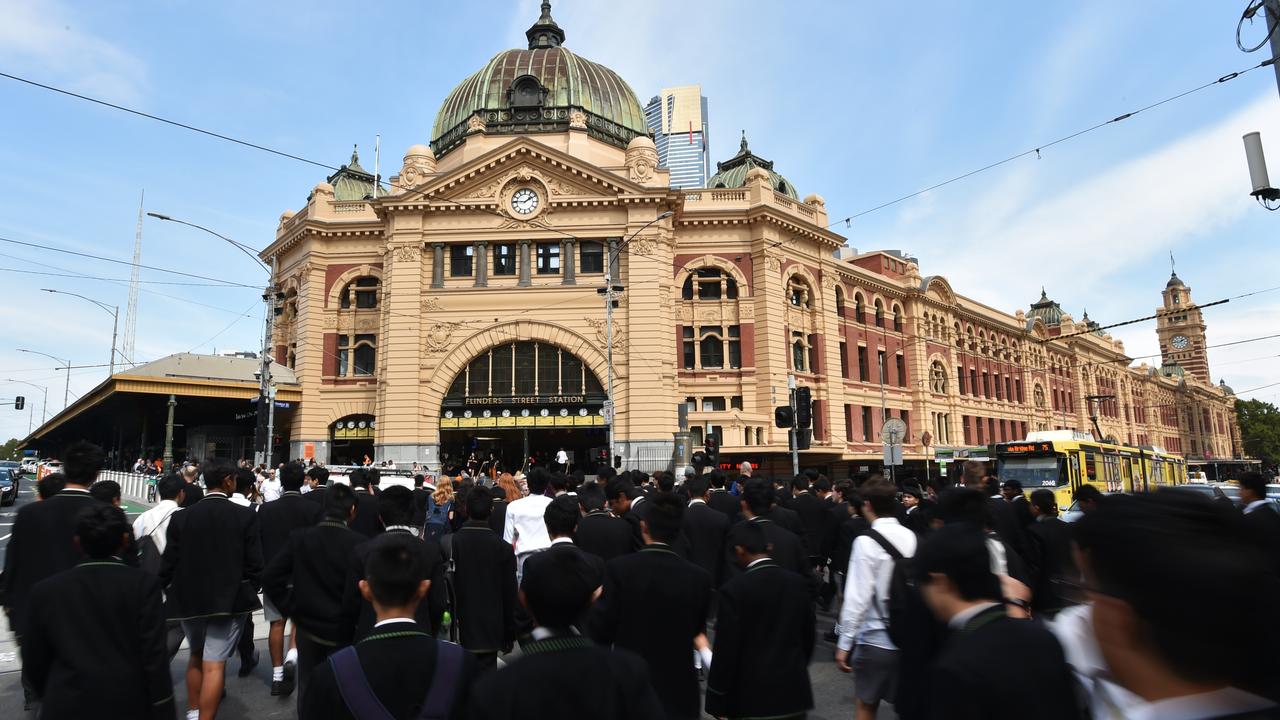Deep pockets, political leadership needed to develop the outback

Scott Morrison has invoked the size of S. Kidman & Co’s property assets as the main reason for blocking its purchase by a Chinese investor, creating a precedent that could apply to foreign purchasers of any large Australian business.
His decision, which appears to require the Kidman assets to be broken up, ensures they will not be developed to their full potential, and the opportunity to establish a major Chinese-owned beef business exporting to the lucrative Chinese market has been lost.
The Treasurer, who initially halted the transaction last year because two of its properties entered a northern corner of the Woomera defence zone, was not satisfied by their separation from the deal, saying the remaining holding was too big.
He emphasised the fact that the remaining properties covered 2 per cent of Australia’s agricultural land, ignoring that much of this land is the most unproductive in the country, in central Australia, supporting less than one cow for every two square kilometres. The size of a landholding has no relationship to its economic value.
Although Kidman’s herd of 185,000 head of cattle is large, it is dwarfed by the 550,000 head run by the predominantly foreign- owned Australian Agricultural Company and the 375,000 by the former Packer-owned Consolidated Pastoral, now controlled by a British private equity fund.
Kidman’s sales last year were only about $65 million, which would not rank it among the top 2000 Australian companies.
When Morrison visited China for the first time as Treasurer in February, he emphasised the gains for Australia’s beef industry from the China-Australia free-trade agreement, which axes tariffs of up to 25 per cent, enabling Australian beef to enter China tariff-free.
He said beef exports to China, already earning $1 billion a year, had great growth potential.
That will not be realised if we erect barriers to Chinese investment. Foreign investment has been crucial to the development of Australia’s pastoral industry, ever since Australian Agricultural Company was formed by British investors in 1824.
The outback pastoral industry is a tough business. It has years of great profits separated by years of drought. It requires patient capital.
That is why superannuation funds do not support the industry. They need to generate their quarterly returns and provide their funds managers with quarterly bonuses. Pastoral companies have struggled on the stock exchange for the same reason.
Kidman’s properties in the Northern Territory have potential to be developed.
Adding satellite-controlled watering points enables fuller use to be made of its vast land areas, but deep pockets are required to fund this capital investment. Foreign investment is the most obvious source.
Besides referring to the size of the Kidman landholdings, Morrison said he had also taken account of the effect his decision may have on “broader Australian support for foreign investment in Australian agriculture”. Opposing an important foreign investment to retain support for foreign investment betrays a lack of leadership.
There was also political opposition when the Japanese sought to invest in Australia’s beef industry in the 1980s, with the National Party complaining that the Hawke government was “selling off the farm”. However, the government toughed out the opposition, arguing that it was in Australia’s national interest for the Japanese to take a stake in the industry.
Beef exports to Japan doubled through the 1980s and rose a further 70 per cent in the 1990s, rewarding the Hawke government’s political courage.
David Uren is author of Takeover: Foreign Investment and the Australian Psyche, published by Black Inc.



To join the conversation, please log in. Don't have an account? Register
Join the conversation, you are commenting as Logout